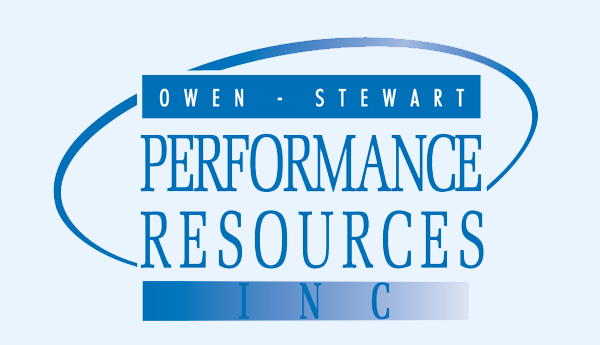L’importance de la critique constructive
- DVD
- Leader's Guide
- Participant Worksheet
- PowerPoint Slides
- Self-Study Workbook
- Helps managers understand that criticism is an essential part of a manager's responsibilities
- Shows why people should only be criticized for what they've done, not what they are
- Emphasizes how criticism done badly can make things worse
- Lays down seven rules for ensuring that criticism is conducted effectively and without acrimony
Nobody enjoys being criticized, which is why few managers relish the prospect of criticizing their staff. But there are times when it must be done.
Everyone makes mistakes and you can’t allow someone to continue making the same mistake again and again. And people shouldn’t have to wait until an appraisal interview to find out they have been doing something wrong.
This video is set in the offices of a district council, where an oversight in preparing for a meeting leads to the rejection of a sensitive planning application. The planning officer concerned shrinks from confronting an otherwise efficient assistant until a stern memo from the chief executive forces a rethink.
But rather than establishing what had happened and taking action to put it right, the officer makes a series of clumsy attempts to discipline the assistant – including telling him off in front of junior colleagues, failing to agree about what had gone wrong and criticizing him personally rather than what he had done.
Learning how to handle the situation correctly means understanding how the problem arose, and the assistant is able to suggest a means of avoiding similar mistakes in the future.
The benefits include:
- Helps managers understand that criticism is an essential part of a manager’s responsibilities
- Shows why people should only be criticized for what they’ve done, not what they are
- Emphasizes how criticism done badly can make things worse
- Lays down seven rules for ensuring that criticism is conducted effectively and without acrimony


